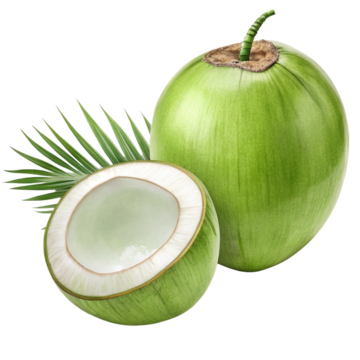Coconut Water Safety: Hidden Risks and Global Guidelines
By Lokanath Mishra
Abstract
Coconut water is healthy and hydrating, but if stored or handled poorly, it can become contaminated with bacteria or fungi. This can lead to food poisoning, neurological damage, and even death. This paper reviews key health risks, recent medical cases, and global safety guidelines.

Introduction
Coconuts are not sterile after harvest. Warm, humid storage lets bacteria and fungi grow inside the shell. A 2021 case in Denmark showed that fungal contamination of coconut water can produce 3-nitropropionic acid (3-NPA), a toxin that caused a man’s death within 26 hours. Such cases are rare but highlight the need for proper handling.
Risks
• Bacterial contamination – can cause diarrhoea, vomiting, cramps.
• Fungal toxins (3-NPA) – can damage the brain and organs, leading to confusion, seizures, organ failure.
• Storage hazards – room-temperature storage allows microbes to multiply quickly.

Regulatory Standards
• FDA (U.S.) – Coconut water must follow Juice HACCP rules: hazard analysis, validated pasteurization or equivalent, and safe packaging.
• WHO / FAO – Set limits on mycotoxins in foods and advise safe storage conditions.
• Import/export rules – Many countries require temperature control and quality testing before shipment.

⸻
Prevention
• Refrigerate coconuts and coconut water; do not keep at room temperature for long periods.
• Discard coconuts with cracks, mould, sour smell, or unusual taste.
• Choose sealed, pasteurized products from trusted brands.
• Producers should follow HACCP and test for mycotoxins.

Conclusion
Coconut water is safe when handled correctly, but contamination risks are real. Proper storage, strict quality control, and consumer awareness are essential to prevent illness and fatalities.

